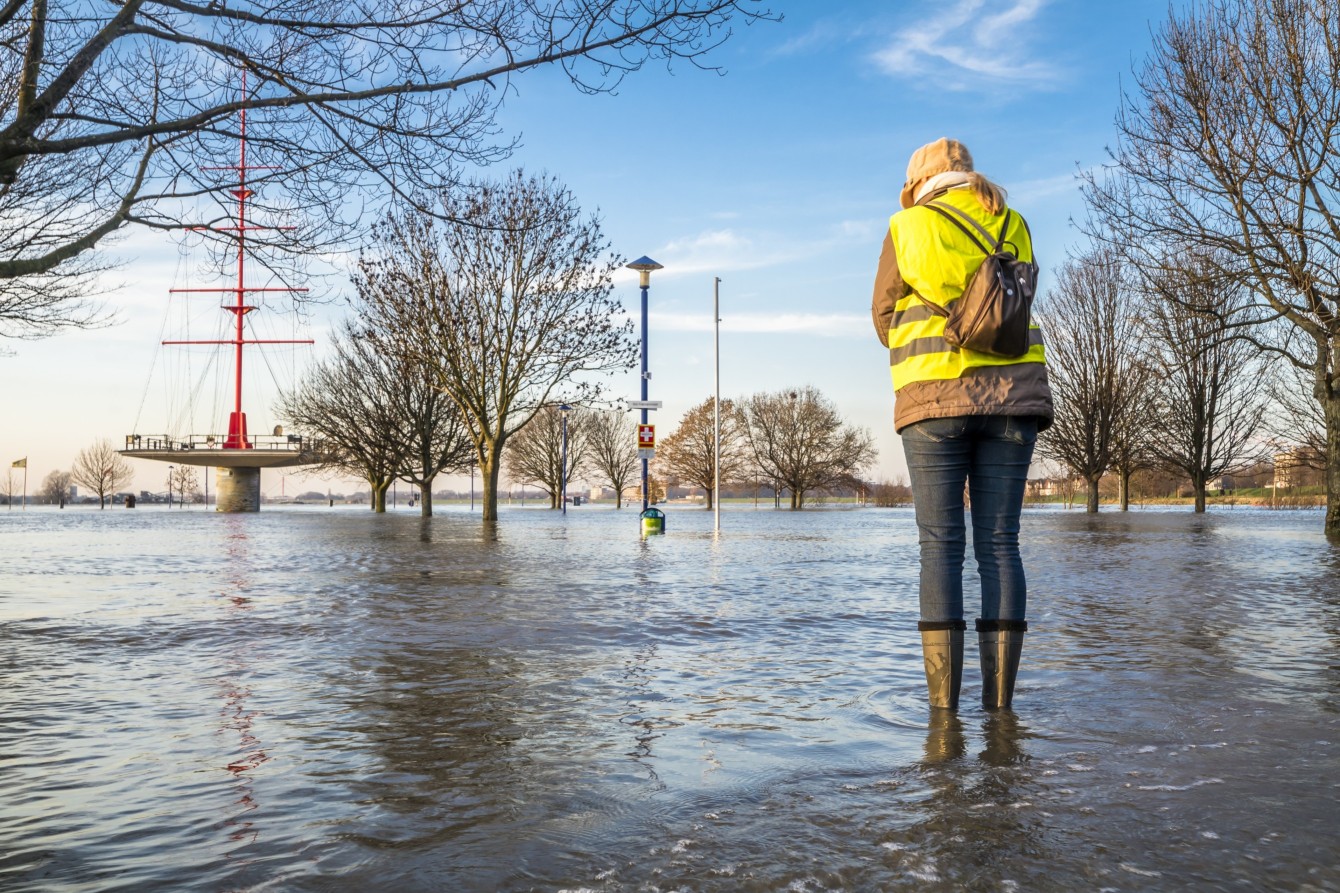
Heavy Rain, Flooding, and Chance of Severe Weather Staring Down the Southern U.S.
January 22, 2024
Posted: March 12, 2021 2:25 am





Spring is just around the corner, bringing the potential of heavy rain and flooding to nearly all corners of the nation. Even if you live in an area not prone to flooding, it is always a good idea to know what you should do before, during, and after a flood in order to keep you, your family, and your belongings safe. Here is what you need to know about how you can equip yourself to handle the destructive nature of floods.
Before a Flood: What you do in preparation for a potential flood will have a significant impact on how you weather the event. Every home should have a well-stocked emergency preparedness kit. Included in this kit should be a family communications plan so that everyone knows who to contact should a flash flood occur.
You should also be careful to not build a house on a flood plain unless it is properly elevated and reinforced. Water heaters and furnaces should also be elevated in this situation. If you know that your area is prone to flooding, you would be wise to consider supplemental home insurance to protect against damages.
Keep in mind that flash flooding can come out of nowhere. For this reason, you need to pay attention to flash flood watches and warnings. Setting up weather alerts on your smartphone will keep you informed of developing weather conditions so that you can act accordingly. While a flood watch does not require that you do anything other than remain alert, a warning means that you need to remain in a safe location for the duration of the event.
During a Flood: If you know that a flood is imminent, it is vital that you keep abreast of the developments through radio, television, or other forms of media. Knowing what areas in your community are prone to flooding will give you the confidence to move to a safe place in the event of a flash flood. In general, higher ground is the safest place to be.
If you are in your vehicle when the flooding begins, try to maneuver to higher ground if you can do so without going through water. Do not attempt to drive through barricades under any circumstance. If a road is closed, the authorities have done so for a reason. It is also important to stay off bridges during flooding. A bridge can wash out easily, presenting great danger to motorists.
In Case of Evacuation: If you need to evacuate your home due to rising waters, do so immediately without delay. Follow the routes recommended by officials rather than trying a shortcut. Do not forget to take your emergency kit with you when you evacuate.
If you have a warning that waters may begin to rise, be sure to bring in outdoor furniture and move all valuables to higher ground. You should also disconnect all electrical appliances before leaving. If water comes into contact with live electrical outlets, a fire could start or you could be electrocuted.
After a Flood: Once the danger has passed, you should wait for authorities to tell you that it is safe to return home. Take care to not impede the work of emergency officials. Remember that floodwaters may be contaminated by sewage or gasoline, making it important that you stay away.
Although you can never guard yourself completely against the dangers presented by rising flood waters, being knowledgeable about these precautions will keep you safer.

January 21, 2024

January 19, 2024

January 18, 2024